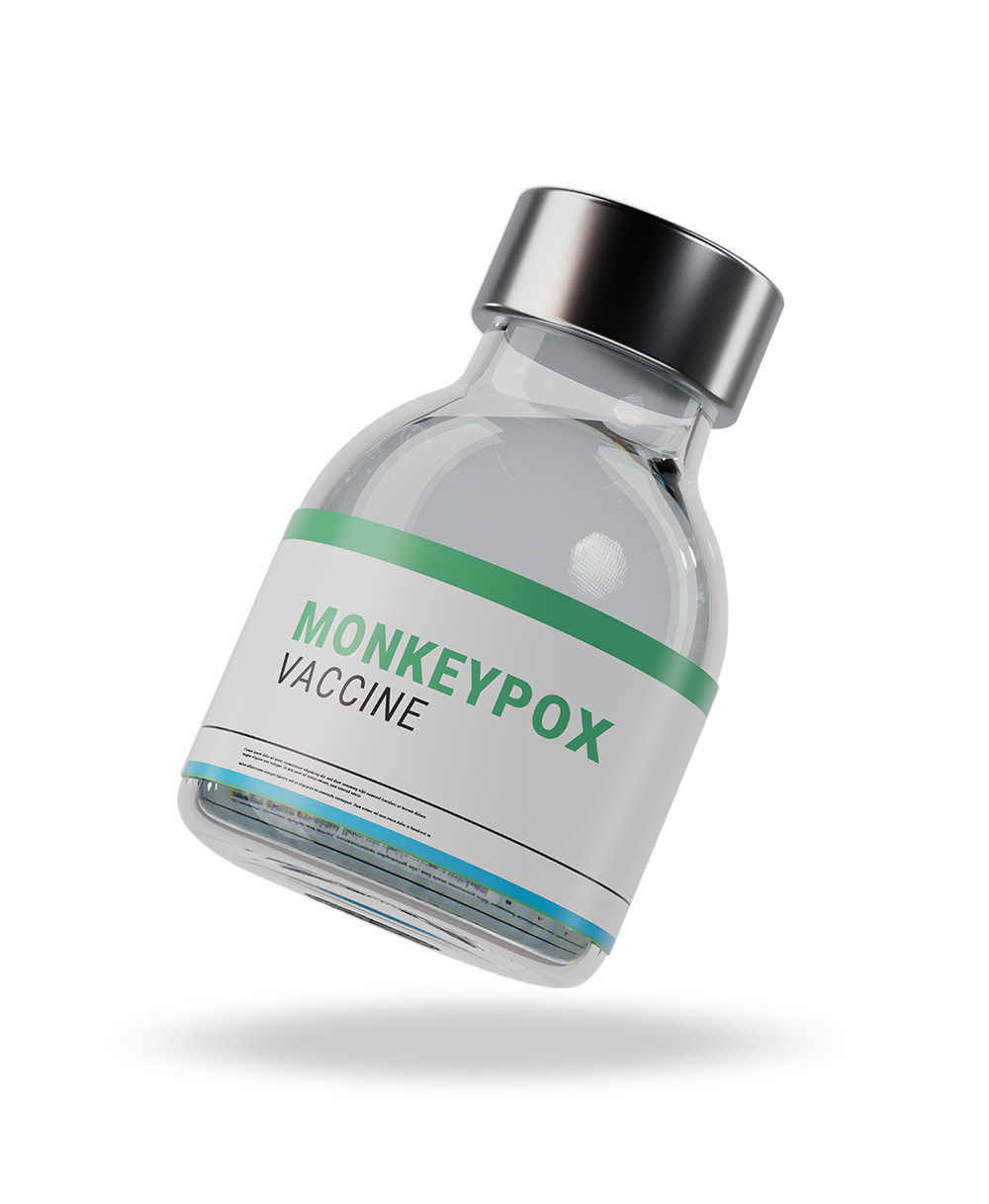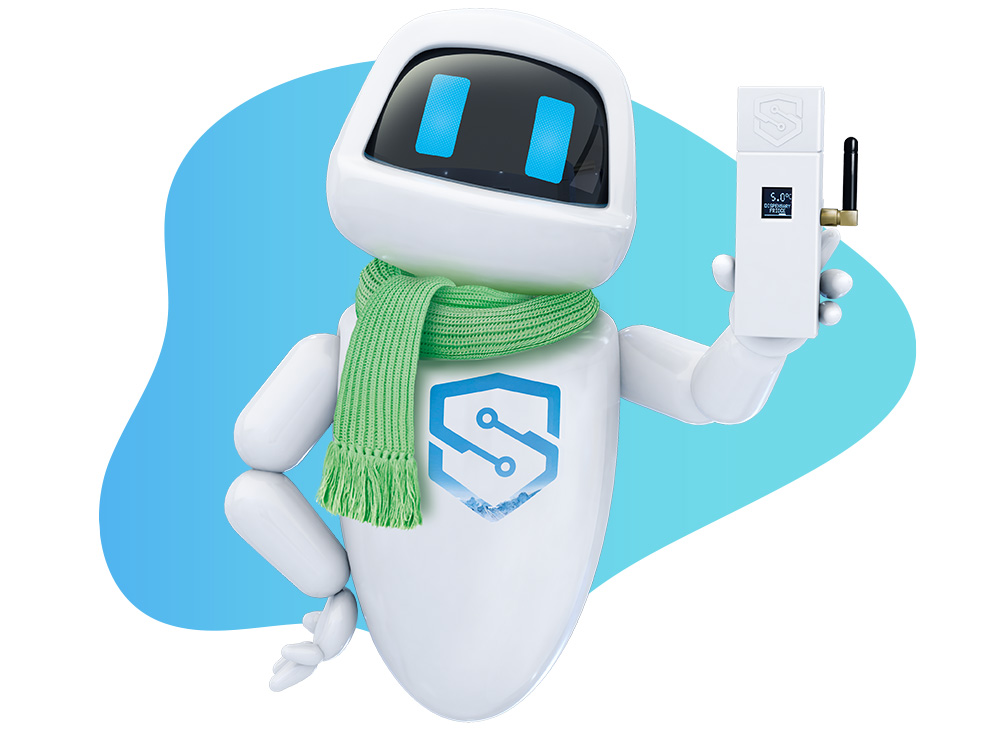It’s been a struggle to stop the panic surrounding the monkeypox outbreak leach into our daily news feeds, seeing we are all desperately in need of a breather from any kind of talk about epidemics, but here we are.
The US and some European nations have mobilised against the latest potential global health threat while virologists are addressing the people’s questions: What is monkeypox? Is it lethal? Is there a vaccine? Should we be worried?

WHAT IS MONKEYPOX?
Scientists aren’t expecting monkeypox to be the next Covid. That’s the good news. The virus is not nearly as contagious as Covid, due to it only being transmissible through close contact, and, importantly, there’s a working vaccine ready to be rolled out. But the monkeypox outbreak, the most far-reaching one yet, is serious enough to have prompted the US to declare it a national public emergency.
Dr Tedros Adhanom Ghebreyesus, the director general at the World Health Organisation (WHO), recently declared the outbreak a “public health emergency of international concern.” It’s similar language the WHO uses to describe Covid-19 and polio.
Monkeypox is part of the same family of viruses that causes smallpox, and the symptoms are similar to smallpox infections, but in most cases the rashes are milder and are rarely fatal. Of the thousands of cases reported in the US, not one has resulted in a death.
At the moment, there is no cohesive global front against the outbreak, seeing that the number of infections are considerably different in the impacted countries.
The Center for Communicable Diseases (CDC) in the US, where infections have skyrocketed, has recommended vaccination for those who have been exposed and at higher risk to the disease. In South Africa, where only a handful of cases have been reported, the relevant authorities are carefully monitoring the situation and raising awareness about the disease.
WHAT KINDS OF VACCINES ARE AVAILABLE FOR MONKEYPOX?
In the US, there are currently two approved vaccines for monkeypox. The Jynneos vaccine, also known as Imvamune or Imvanex in Europe, and a vaccine originally created for smallpox, called ACAM2000.
JYNNEOS
The vaccine is for adults 18 or older and is given in two doses four weeks apart. It is usually administered to those who have not been exposed but are at high risk of exposure, such as healthcare workers or people that have potentially been exposed to the virus. This is the vaccine the US is planning to roll out.
ACAM2000
ACAM2000 was approved for use in the US by regulators in 2007 and was initially created for smallpox. This vaccine is different from the Jynneos one in that it replicates the virus in human cells, whereas the Jynneos vaccine introduces an inactive version of the virus.
Because of this live virus element, the ACAM2000 vaccine is more likely to cause reactions in patients, a key reason why it’s not being opted for everyday vaccination in the US at the moment.
WHAT'S THE DEAL IN SOUTH AFRICA?
In June, the National Institute for Communicable Diseases (NICD) identified the first case of monkeypox in South Africa, with two other individuals having since been diagnosed.
BUT WHAT IF, AND WHAT ABOUT STORING THESE VACCINES?
Should the SA government decide to pull the trigger on a vaccination campaign, what are the steps to ensure that these vaccines are stored and transported according to cold chain requirements?
Generally, vaccines can be grouped into those that can stand a certain amount of heat and those that require sub-zero temperatures.
The most common smallpox/monkeypox vaccine, Jynneos, falls into the broader category of vaccines that requires temperatures between 2 and 8°C after it has thawed, and can be stored in this environment for up to eight weeks. When frozen, the vaccine must be kept at temperatures between -25 and -15°C.
The CDC recommends that these vaccines are stored in a purpose-built refrigerator or freezer with a digital data logger to monitor the temperature of the storage unit, which should be done daily.
Contact PharmaScout today to help you meet the vaccine storage and monitoring requirements.





